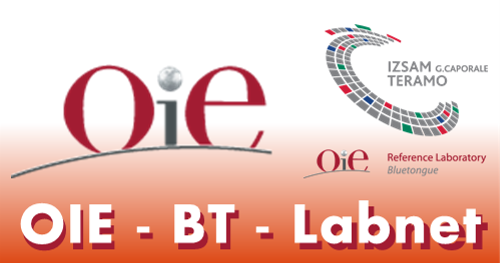Partner 36 – Research Centre Borstel (RCB)
RCB, Borstel, Germany. The research focus of the Division of Veterinary Infection Biology and Immunology at the Research Center Borstel includes:
- Establishment of effective disease surveillance mechanisms in animal health services firmly anchored on sound epidemiological analysis and efficient information and reporting systems,
- Improvement of existing and development of new molecular diagnostic tools for pathogen detection and differentiation and for epidemiological studies, iii) Vaccines for the prevention of infectious animal diseases and zoonoses, and iv) To clarify the mechanisms of the interactions between the host, vector and pathogen through the use of genomics and bioinformatics.
- Training activities include supervision of postgraduate students and organization and carrying out of international technical workshops in the area of molecular biology, diagnostics, vaccine development and bioinformatics. Among others, the RCB is coordinating a EU-funded project dealing with development of vaccines against tick-borne disease in small ruminants ("Pirovac"), is deputy coordinator of a Marie Curie Initial Training Network (ITN) on ticks and tick-borne diseases ("Postick"), is deputy coordinator of a coordinated action dealing with arbo-viruses ("Arbo-Zoonet"; www.arbo-zoo.net) and is responsible for the Asian Component of the international consortium on ticks and tick-borne diseases (ICTTD 3).
The RCB will be contributing to investigations on vector competence and capacity with the task of identifying potential markers of vector competence and/or capacity; ticks feeding under different experimental conditions; RNA extraction, cDNA synthesis and subtractive hybridization; sequencing and identification of differentially expressed genes; analysis of correlation of differentially expressed genes with pathogen transmission; RNAi knock down of differentially expressed genes to assess role in pathogen transmission; determining the pathogen dose on the viability of the tick; assessment of differentially expressed genes to be used as a marker for the determination of the vector capacity.





